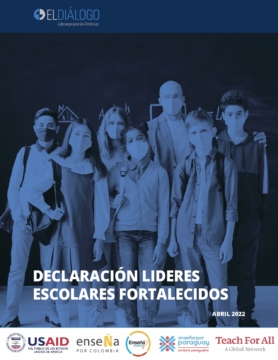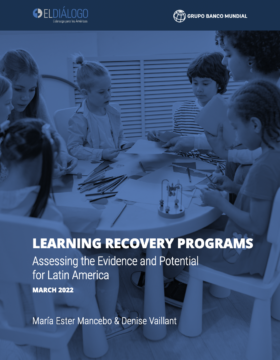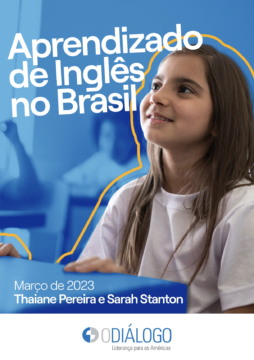
English Language Learning In Brazil
The report presents an overview of English teaching in Brazil, examining the main national policies that regulate and inform English language learning and how they have been implemented.
The report presents an overview of English teaching in Brazil, examining the main national policies that regulate and inform English language learning and how they have been implemented.
The document presented here identifies a series of priority actions that States, together with civil society and international organizations, should carry out in order to advance in the realization of the rights of migrant children.
The report written by Álvaro Botero, a new senior fellow of the Dialogue, explores systems available for protecting the human rights of migrant children.
One of the main issues for Early Childhood Development (ECD) networks is the need to strengthen their advocacy capacities. With this in mind, the Inter-American held a workshop in Lima, Peru, to address advocacy strategies for early childhood development on November 17 and 18 of 2022.
The Inter-American Dialogue carried out a study to evaluate the impact of the pandemic on the digital strategies that HEIs in the region had already been developing. This report documents and analyzes the results of a regional survey applied to 178 HEIs conducted in 2021 and 2022.
This report compiles the findings of a research effort led by the Inter-American Dialogue, the World Bank, and the Inter-American Development Bank.
This call to action results from a joint initiative by leaders from the public and private sectors and multiple civil society actors who have responded to the Inter-American Dialogue’s call for a Working Group on Educational Connectivity in partnership with the Inter-American Development Bank and the World Bank.
This report, elaborated by Latin America Coalition for Teaching Excellence, studies initiatives that have strengthened teachers’ digital skills in Latin America. Specifically, it addresses the digital competency frameworks that exist in the region, teacher training experiences, and the evaluation processes implemented to measure progress in digital teaching skills.
This report highlights the main opportunities and barriers Latin American higher education institutions face in the post-pandemic.
This report includes the analysis of the pre-basic, basic, and high school educational levels in Honduras.
This report includes findings and recommendations to strengthen teacher policies in Honduras.
On Thursday, June 2, a coordinated call for commitment to educational recovery will take place, organized by the Inter-American Dialogue in collaboration with UNESCO, UNICEF and the World Bank.
On November 10, 2021 and February 17, 2022, the Inter-American Dialogue, together with the Presidential Council for Children and Adolescents and with the support of the LEGO Foundation, organized two events to explore and reflect on the role of play in Colombia’s early childhood agenda.
This declaration contains key messages and recommendations to continue strengthening the leadership of teachers and principals in the region.
This study presents a review and analysis of international and regional learning recovery programs; also, a number of suggestions were formulated for the post-pandemic scenario.
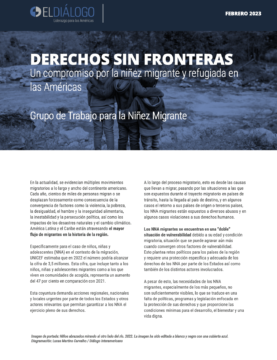
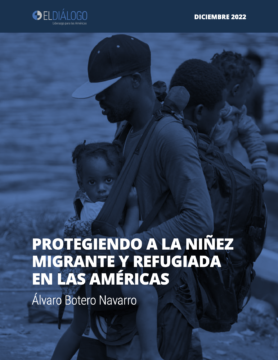
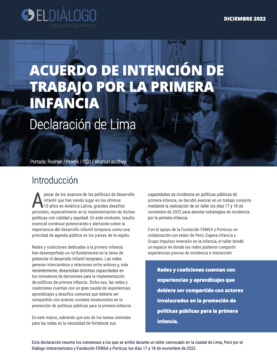
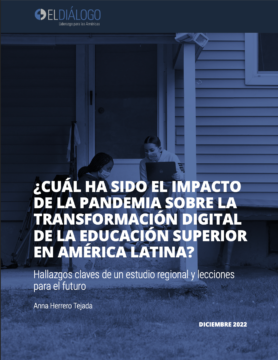
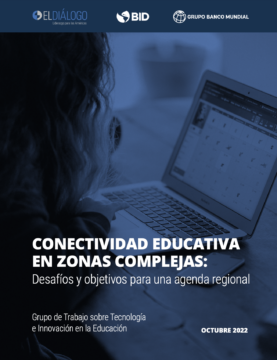
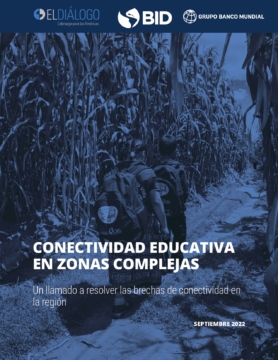
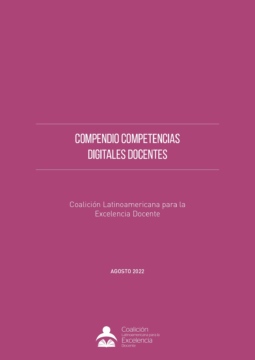
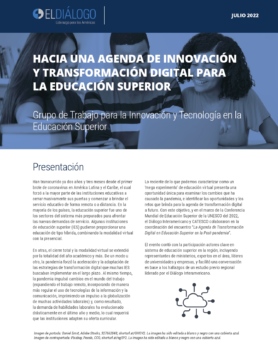
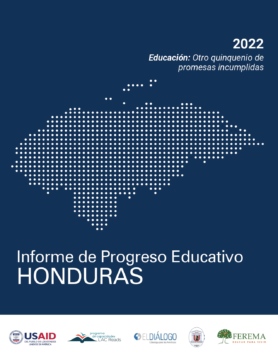
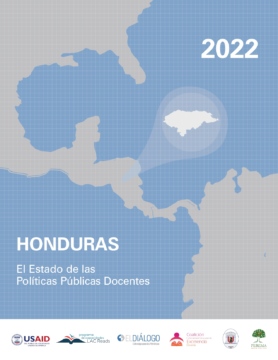
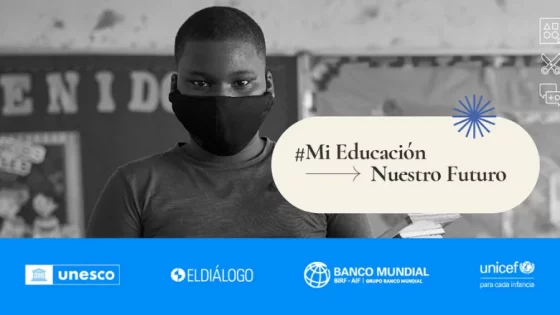 Video
Video
 Video
Video
